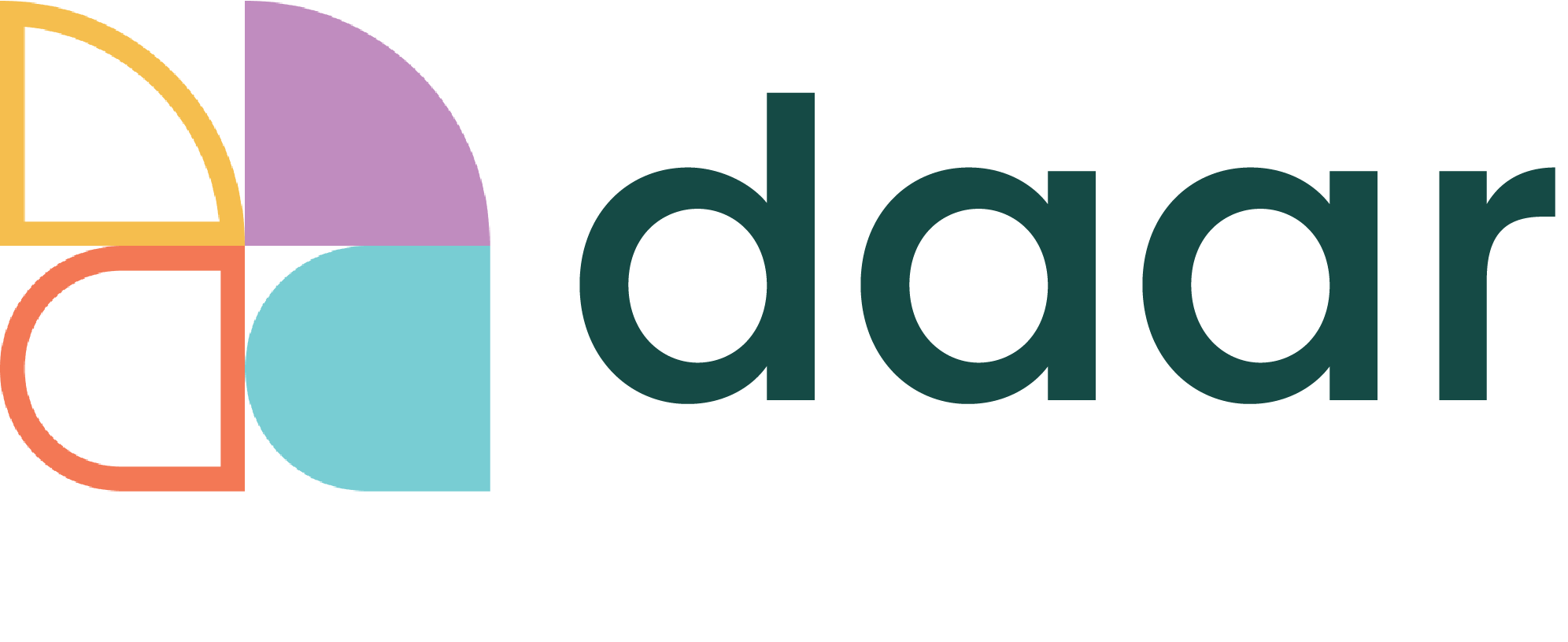Book your appointment now!
What is Exercise Physiology?
- Exercise Physiology is a discipline that addresses the body’s response to physical stress and the adaptability of the body in relation to repeated exposure to exercise and any changes to a routine. These responses includechanges in metabolism and in physiology of different areas of the body such as the heart, lungs, and muscles, and structural changes in cells.
- Clinical Exercise Physiology is the use of physical activity for therapy, treatment, and prevention.
- Accredited Exercise Physiologists (AEPs) are university qualified to design, deliver, and evaluate safe and effective exercise interventions to prevent or manage acute, sub-acute or chronic disease or injury.
- Exercise Physiology services assist these individuals to improve their function, activities of daily living (ADLs), overall health, wellbeing, independence, and quality of life of these individuals.
A healthy body is a healthy mind!
Giving due importance to your body will allow you to live better. At i-Fit Group we help you improve the functioning of your body and exercise habits.
What services do Exercise Physiology provide?
- Clinical interventions are exercise-based and include health and physical activity education, advice and support and lifestyle modification with a strong focus on achieving behavioural change. AEPs offer a range of services which include:
- Prescription of tailored exercise programs
- Gym exercise sessions
- Group exercise sessions
- Home-based exercise programs
- Weight management programs
- Education regarding pain management
- Management of co-morbidities
- Behavioural coaching and advice on lifestyle modification to improve health status

What can Exercise Physiology help with?
- AEPs can manage a wide variety of conditions including:
- Intellectual disabilities
- Neurological conditions
- Depression and other Mental Health conditions
- Physical disabilities
- Genetic disabilities
- Cardiovascular disease
- Pulmonary disease
- Metabolic disease
- Musculoskeletal disease
- Cancer
- Depending on individual goals there are multiple physical, mental, and social benefits attributed to exercise interventions. These may include:
- Improved mobility, balance, and function
- Increased fitness and endurance
- Improved dexterity and coordination
- Increased strength and flexibility
- Decreased symptoms of Anxiety and/or Depression
- Pain management and reduction
- Improved posture
- Improved sleep quality
- Social connections and feelings of belonging
NDIS
NDIS Exercise Physiology for People Living with Disability
• Seeking the services of an AEP is highly recommended and indicated as part of your NDIS plan if you are living with a disability and:
o the disability makes it hard to maintain good health and well-being
o you are at increased risk of developing or already have an existing condition that impairs your physical movement
o your management plan goals relate to moving independently, maintaining mobility, and/or building strength or fitness.
• AEPs have a vital role in supporting NDIS participants to realise their goals and aspirations through evidence-based and individualised exercise program interventions, specialised physical activity recommendations, and ongoing health education. They develop activities that will empower participants and support their daily living, social inclusion, and functional wellbeing.
• Lack of physical activity leads to a reduced quality of life and decreased life expectancy for people living with a disability. Australians with a disability are 1.7 times as likely to be obese as those without disability and have a higher prevalence of various types of long-term health conditions [Source: ESSA referencing AIHW 2018 & WHO 2018].
• Disability affects one in five Australians (18.3% or 4.3 million Australians) and 78.5% of Australians with a disability report a physical condition, with 21.5% reporting mental and behavioural disorders [Source: ESSA referencing ABS 2018].
• NDIS participants can access Exercise Physiology services through two NDIS Capacity Building funding categories:
1. Improved Daily Living
2. Improved Health and Wellbeing
• AEPs may also be able to apply directly to the NDIS Commission to provide services under Support Coordination and Early Childhood.
